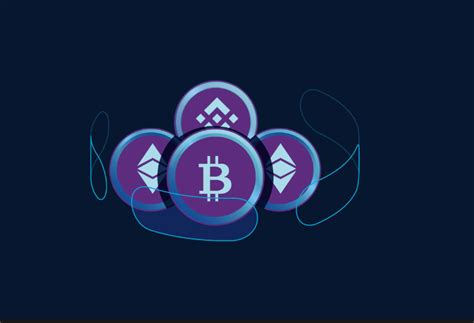CRYPTOCURRENCY
The Role Of Validators In Securing Blockchain Networks
The vital role of validators to provide blockchain networks
The rise of decentralized funding (DEFI) and unconvincing markers (NFTS) has translated the landscape of blockchain technology, introducing new players and opportunities for the emergence of security vulnerabilities. Cryptographic algorithms to evaluate transactions and guarantee the integrity of the entire system.
blockchain network
The blockchain network is a decentralized, distributed book that records transactions in and partner network. The network is mainly from them. This validation process relies
The role of validators

On the blockchain network, validators are responsible for ensuring that new blocks are added to the chain to the chain in a secure and transparent way. Proof of work (POS) where the nodes compete to solve complex mathematical puzzles to validate transactions.
Types validators
There are two main types of validators:
- Certificates of proof of work (POW) : POW validation has been used in bitcoin and other cryptocurrencies.
- This approach requires less computing power, but still guarantees that
Security concern with blockchain networks
While blockchain networks are secure in theory, there are some security concerns that need to be addressed:
1
- Centralization :
- Energy Consumption :
The role of validators in providing blockchain networks
Validators play a decisive role in providing blockchain networks from:
1
2.
S
Best Validators Practices
Validators should:
1
2.
3
Conclusion
The role of validators in providing blockchain networks is crucial to maintaining the integrity and decentralization of these digital systems.
